Delta 9 vs. THCa: Knowing Which Is Right for You

If you've ever wondered why that raw cannabis smoothie didn’t hit or how THCa flower ends up in dispensaries without breaking federal law, you’re not alone.
Knowing the difference between Delta 9 THC and THCa is about knowing what actually gets you high, what stays legal across state lines, and how heat transforms a mild bud into a potent experience.
Delta 9 vs. THCa isn't a minor detail; it's the key to understanding how cannabis really works, from farm to flame to feeling. If you're serious about how you consume, it’s time to get clear on what the difference between THCa and Delta 9 is.
Key Takeaways
-
THCa is the acidic precursor to Delta 9 THC, making up about 90% of total THC in raw cannabis.
-
THCa is non-psychoactive due to its carboxyl group, which prevents it from binding effectively to CB1 receptors.
-
Delta 9 THC binds strongly to CB1 receptors, producing quick and noticeable effects like mood shifts and altered perception.
-
THCa converts to Delta 9 through decarboxylation, which requires heat and time to preserve potency and achieve full activation.
-
Decarboxylation efficiency varies by method: vaping preserves 80-95% of THC, while smoking can waste up to 40%.
-
Legally, THCa may be sold in states that only measure Delta 9 content, creating a regulatory loophole that varies by jurisdiction.
-
Shop Mellow Fellow’s THCa and Delta 9 products to match your mood with scientifically formulated blends and consistent quality.
What Is THCa?
THCa (tetrahydrocannabinolic acid) represents cannabis in its natural state, the dominant cannabinoid you'll find in fresh, living cannabis plants.
According to a 2022 study published in Frontiers in Pharmacology, THCa makes up approximately 90% of the total THC content in fresh cannabis flowers.
It’s THC’s (Delta 9’s) acidic precursor, completely non-intoxicating until heat turns it into Delta 9. This acidic precursor makes up the bulk of what traditional lab tests measure when they report "total THC" content.
THCa Quick Facts
-
Molecular Formula: C₂₂H₃₀O₄
-
Molecular Weight: 358.47 g/mol
-
CB1 Receptor Binding: 23.9 μM (about 62 times weaker than Delta 9 THC)
-
Natural Abundance: 15-25% in high-THC cannabis strains
-
Decarboxylation Range: Begins around 220°F (104°C); most effective between 250-300°F (121-149°C)
What THCa Does in the Plant
In raw or freshly harvested cannabis, THCa is the dominant cannabinoid, not Delta 9 THC. THCa plays an important role in protecting the plant, helping defend against UV rays and hungry insects.
It's not psychoactive in this form, meaning it won’t produce a high when consumed raw. You can find THCa in cannabis leaves, flower, and even freshly pressed juice, but unless it's heated, it won’t trigger the same psychoactive effects as Delta 9.
Why THCa Doesn’t Get You High
The reason THCa won’t intoxicate you comes down to one small part of its chemical structure: a carboxyl group (COOH). This extra group prevents THCa from crossing the blood-brain barrier easily, which means it can’t activate the brain’s CB1 receptors the way Delta 9 does.
To feel the typical high associated with THC, that carboxyl group must be removed, a process called decarboxylation. Applying heat (such as smoking, vaping, or baking) triggers this transformation, converting THCa into psychoactive Delta 9 THC.
How THCa Interacts With the Body
Even though it’s non-psychoactive, THCa isn’t inactive. It interacts with the body in other ways. Research published in Cannabis and Cannabinoid Research found that THCa binds weakly to CB1 receptors, roughly 62 times weaker than Delta 9 THC.
That said, THCa shows strong activity as a PPARγ agonist. This is on par with the pharmaceutical drug rosiglitazone, which is used for metabolic and inflammatory conditions.
This suggests that THCa may offer potential wellness benefits, especially in areas involving inflammation and metabolic health, without the psychoactive side effects.
Why THCa Matters for Cannabis Consumers
Knowing how THCa works can help you make more informed choices. If you’re juicing raw cannabis leaves or trying THCa flower, remember that without heat, you won’t experience the effects usually associated with THC.
On the other hand, heating that same flower in a vaporizer or pipe unlocks its psychoactive potential by converting THCa to Delta 9.
THCa also sits at the center of ongoing legal debates. Since it’s not psychoactive in raw form, some states allow THCa-rich products to be sold legally, so long as they haven’t been heated. But once decarboxylated, THCa becomes Delta 9 THC, which is federally restricted.
Learn more about THCa's unique properties and why this acidic cannabinoid has gained attention in both wellness circles and legal marketplaces.
What Is Delta 9 THC?
Delta 9 THC is the primary compound responsible for the psychoactive effects of cannabis. It interacts with your body’s endocannabinoid system in a way that directly influences mood, memory, appetite, motor coordination, and perception. The compound binds strongly to CB1 receptors in the brain and central nervous system, which is why its effects can be felt quickly after inhalation, typically within two to ten minutes.
Scientific research helps explain how this works. A 2016 review in The Mental Health Clinician described Delta 9 THC as a partial agonist at both CB1 and CB2 receptors. Yet, it's the CB1 receptor interaction that drives the compound’s psychoactivity. The same review linked CB1 activation to shifts in perception, mood, and cognition.
A separate review published in Frontiers in Pharmacology further clarified this by noting that Delta 9 THC has a high binding affinity to CB1 receptors. This strong affinity allows it to influence areas of the brain associated with memory, motor control, and sensory processing.
In comparison to THCa, which does not bind effectively to CB1 receptors due to its carboxyl group, Delta 9 THC’s structure allows it to fit directly into these receptors. A 2007 study in Chemistry & Biodiversity confirmed this, showing that Delta 9 THC activates CB1 receptors as a partial agonist, producing rapid effects when inhaled.
Delta 9 THC also has mild activity at CB2 receptors located throughout the immune system. While these interactions don’t produce a high, they may contribute to potential anti-inflammatory and pain-modulating effects.
Together, these receptor interactions make Delta 9 THC one of the most pharmacologically active cannabinoids in the cannabis plant. Its psychoactivity, rapid onset, and well-documented effects continue to make it the benchmark against which other cannabinoids are compared.
Knowing the difference between smoking and edibles helps users choose their ideal consumption method and dosage.
How THCa Becomes Delta 9
THCa turns into Delta 9 THC through a process called decarboxylation, which happens when cannabis is exposed to heat. This reaction removes a part of the molecule called the carboxyl group, allowing it to bind with CB1 receptors and produce psychoactive effects. Without this conversion, THCa remains non-intoxicating.

When it comes to temperature, timing is everything. According to CBG Biotech, the ideal range for THCa decarboxylation is between 220°F and 240°F (104-115°C). Holding cannabis within this range for 30 to 45 minutes gives you efficient THC conversion. Too low, and the process won’t finish. Too high, and THC begins to degrade.
Further research from a 2022 Industrial & Engineering Chemistry Research study found that when time isn’t a limiting factor, the best results occur around 131°C (268°F).
For THC-dominant strains, full conversion took approximately 65 minutes at that temperature. This balance between heat and time helps commercial producers meet quality and consistency standards without losing potency.
Decarboxylation Efficiency by Method
Different heating methods convert THCa with varying levels of success. Here's how common methods compare:
-
Smoking (700-900°F): Converts THCa instantly but burns off 30-40% of the available THC during combustion
-
Vaping (350-430°F): Maintains 80-95% efficiency by applying steady heat without burning the plant
-
Oven Decarb (220-250°F for 30-45 min): Achieves roughly 85-95% efficiency with good cannabinoid preservation
-
Sunlight Exposure: Extremely slow, converting only 0.5-2% of THCa per month under direct UV
The Math Behind THC Conversion
Cannabis testing labs often use a standard formula to estimate total potential THC in a product:
Total THC = Delta 9 THC + (THCa × 0.877)
That 0.877 factor adjusts for the weight lost when THCa becomes THC. For example, if your cannabis contains 20% THCa, full decarboxylation would yield about 17.5% Delta 9 THC. This helps consumers and producers estimate potency more accurately, especially for edibles and infused products.
In short, heat turns THCa into Delta 9 THC, but the method you use makes a major difference in how much you actually get. Controlled temperatures and proper timing preserve potency and improve consistency across different consumption formats.
For those interested in THCa's raw benefits transitioning to Delta 9 effects, our THCa budder concentrates are very versatile - consume them cold for potential wellness benefits or dab them for powerful psychoactive effects.
Related Products
Clinical Effects Comparison
Delta 9 THC and THCa may come from the same plant, but their effects on the body are very different. While Delta 9 is well known for producing a high and affecting mood, memory, and pain perception, THCa has attracted attention for its non-intoxicating but potentially therapeutic properties.
Studies confirm that Delta 9 THC works mainly by binding to CB1 receptors in the brain and central nervous system. According to a 2016 review in The Mental Health Clinician, this interaction is responsible for its psychoactive effects, as well as its potential benefits like appetite stimulation, nausea reduction, and pain relief. It also has some activity at CB2 receptors, which may play a role in immune response and inflammation.
THCa, on the other hand, interacts with the body differently. It has only mild activity at CB1 and CB2 receptors but influences other systems in ways Delta 9 does not. A 2017 study published in the British Journal of Pharmacology found that THCa is a strong activator of PPARγ, a receptor involved in metabolism and inflammation.
In laboratory tests, THCa supported healthy mitochondrial function in nerve cells and helped reduce inflammatory responses. It also appeared to protect brain cells from damage through this PPARγ pathway.
Another study, published in the International Journal of Molecular Sciences, showed that THCa could cross the blood-brain barrier and influence the central nervous system. In this research, THCa-treated mice showed improved memory function and reduced levels of harmful proteins linked to cognitive decline. These findings suggest that THCa may help protect the brain, even without producing a high.
THCa also appears to affect other pathways beyond the cannabinoid system. According to Toxicology Reports, it can interact with TRP channels, inhibit COX enzymes (which are involved in inflammation), and reduce certain immune responses. In cell studies, THCa showed the ability to support neuron survival, reduce nausea, and even limit the growth of abnormal cells, all without the psychoactive effects of Delta 9.
The bottom line is that Delta 9 THC is fast-acting and psychoactive due to its strong bond with CB1 receptors, while THCa works more subtly through non-cannabinoid pathways. Each compound interacts with the body in unique ways, giving cannabis users and researchers different tools for different goals.
For mood-specific effects, Mellow Fellow's Euphoria Blend Green Crack Live Resin Disposable combines Delta 9's uplifting properties with complementary cannabinoids. Users report energetic, creative highs perfect for social situations or artistic endeavors.
Meanwhile, those looking for relaxation might prefer our Tranquility Blend Master Kush, which balances Delta 9 with calming terpenes.
Legal Status and Testing
The legal distinction between THCa and Delta 9 THC creates significant market opportunities. The 2018 Farm Bill defines hemp as cannabis containing less than 0.3% Delta 9 THC by dry weight.
This definition measures only Delta 9 content, not THCa or total potential THC, creating what legal experts call the "THCa loophole."
State Regulations Overview
**These figures are accurate at the time of writing, but state laws may change at any time. It’s always recommended to research the laws in your state before making any decisions**
-
Total THC States (14): Oregon, Vermont, Connecticut regulate THCa + Delta 9
-
Federal Standard States (22): Tennessee, North Carolina maintain 0.3% Delta 9 only
-
Evolving Regulations (14): New York, California have varying enforcement
This patchwork creates situations where THCa flower testing at 20% THCa and 0.2% Delta 9 may be legally sold as hemp in some states, despite converting to ~17.5% Delta 9 THC when smoked.
Knowing your state's specific laws becomes essential for consumers and retailers.
Product Selection Guide
Being familiar with the THCa-to-Delta 9 relationship enables smarter product selection based on specific needs and lifestyle.
For morning wellness without impairment, raw THCa products are best. THCa tinctures won't interfere with work performance or driving, appealing to health-conscious consumers seeking cannabis benefits without the high. THCa's anti-inflammatory potential makes it attractive for athletes and professionals managing chronic conditions. If this sounds like something for you, our THCa budder is a perfect choice.
When relaxation becomes priority, Delta 9 products are recommended. Our Dream Blend Granddaddy Purp Disposable combines Delta 9 with sleep-promoting cannabinoids for evening unwinding. The 4ml capacity provides lasting value, while live resin extraction preserves full-spectrum effects.
For precise dosing in edible format, our Micro-Dose Delta 9 Gummies offer 5mg per piece - perfect for cannabis newcomers.
Creative professionals often look for inspiration without impairment. In this case, Mellow Fellow's Creativity Blend Blue Dream balances Delta 9's consciousness-expanding properties with focus-enhancing cannabinoids. Users report enhanced pattern recognition and creative flow without anxiety. This targeted formulation exemplifies our mood-first product development.
Making Your Choice
The relationship between THCa and Delta 9 THC shows cannabis's complexity. These compounds serve different purposes - THCa for potential wellness without impairment, Delta 9 for reliable psychoactive effects. Knowing their differences enables better product selection aligned with your goals.
Today's market offers countless options. From THCa-rich extracts that transform with heat to precisely dosed Delta 9 syrup for beverages, products exist for every preference. Success lies in matching products to intentions.
-
Evening relaxation demands Dream Blend.
-
Social enhancement needs Euphoria products.
-
Creative work benefits from Creativity formulations.
Ready to experience the science of mood-based cannabis? Browse Mellow Fellow's complete collection of THCa concentrates and precision-formulated Delta 9 products, designed for your perfect experience.
Frequently Asked Questions
What Makes THCa Flower Legal in Some States But Not Others?
THCa flower can be legally sold in states that follow the federal definition of hemp, which measures only Delta 9 THC content. Since THCa hasn’t yet been converted through heat, it’s technically compliant.
States that regulate “total THC” content include THCa in their calculations, making the same flower illegal. This legal inconsistency makes it essential for both consumers and retailers to understand and follow local laws.
Does THCa Have Any Immediate Effects Without Being Heated?
THCa does not produce a traditional high, but it may still affect the body. Even without decarboxylation, some users report a sense of calm or physical relief when using THCa tinctures or raw extracts.
Its interaction with non-cannabinoid pathways, like PPARγ and TRP channels, suggests potential wellness benefits that don’t involve intoxication. This makes THCa especially appealing to people who want functional support without cognitive impairment.
How Do I Know If My Product Contains THCa or Delta 9?
Check the Certificate of Analysis (COA) provided by the manufacturer. A reputable COA will list THCa and Delta 9 THC levels separately.
If a product contains mostly THCa and very little Delta 9, it’s likely intended for raw use or to be activated by heat. If Delta 9 is the dominant cannabinoid, it’s already psychoactive.
Accurate testing ensures you know exactly what you're consuming and how it will affect you.
Is THCa More Suitable for Daytime Use Than Delta 9?
Yes, THCa is generally better for daytime use, especially for people who want therapeutic effects without impairment. Its non-intoxicating nature makes it suitable for tasks that require concentration, physical activity, or driving.
Athletes and professionals often prefer THCa tinctures, capsules, or raw extracts to support inflammation and metabolic health while staying clear-headed. Delta 9, on the other hand, is typically reserved for relaxation or creative sessions where psychoactivity is welcome.
Can Edibles Be Made With THCa Instead of Delta 9?
Yes, but the THCa must be decarboxylated first. Raw THCa has no psychoactive effect unless it’s heated. When making edibles, most recipes involve baking or cooking, which naturally converts THCa to Delta 9.
Some consumers also choose to decarb cannabis in an oven before infusing oils or butters. Using THCa in edibles without proper heating will result in minimal psychoactive effects, though some anti-inflammatory properties may still be present.
Does THCa Show Up on a Drug Test the Same Way as Delta 9?
Yes, after decarboxylation. If you smoke, vape, or cook with THCa, your body converts it to Delta 9 THC, which is then metabolized and detected on standard drug tests.
If you consume raw THCa without heat, detection is less likely, but not impossible.
Some sensitive tests can still flag minor metabolites, especially with repeated use. If you're subject to drug screening, use caution regardless of the cannabinoid form.
Sources
Explore Other Articles
View allExplore more
- 11 hydroxy thc
- Blends
- blunt
- burn blend
- cannabinoids
- cartridge
- CBD
- cbg
- CBN
- Charged Blend
- Clarity Blend
- Concentrates
- Connection Blend
- Creativity Blend
- Dabs
- delta
- delta 10
- delta 11
- delta 8
- Delta 8 thc
- delta 9
- delta 9 thc
- Delta-10-THC
- Delta-11-THC
- delta-8
- Delta-8-THC
- Delta-9-THC
- delta9
- Desire Blend
- destination series
- Diamonds
- disposable
- disposable vape
- Dream Blend
- dry january
- edibles
- elevate blend
- entourage
- entourage effect
- entourage effects
- Euphoria Blend
- focus
- gummies
- H4CBD
- halloween
- hemp
- hemp-derived
- HHC
- HHCp
- HTE
- Indica
- Introvert Blend
- lean
- legal
- Live Resin
- Live Resin cartridges
- m-fusions
- mechoulam
- momentum blend
- Motivation Blend
- preroll
- productivity
- raphael mechoulam
- Recover Blend
- Relief
- sleep
- strain review
- terp sauce
- Terpenes
- Thanksgiving
- thc
- THC beverage
- THC Drink
- thc lean
- thc-p
- THCa
- THCa Flower
- THCb
- THCh
- THCm
- thcp
- THCp edibles
- THCv
- the elevate blend
- The Energy Blend
- The Happy Blend
- The Illuminate blend
- the momentum blend
- The Rest Blend
- Tranquility Blend
- vape
- vape cartridge
- Vapes
- wax
- wellness
- zkittlez


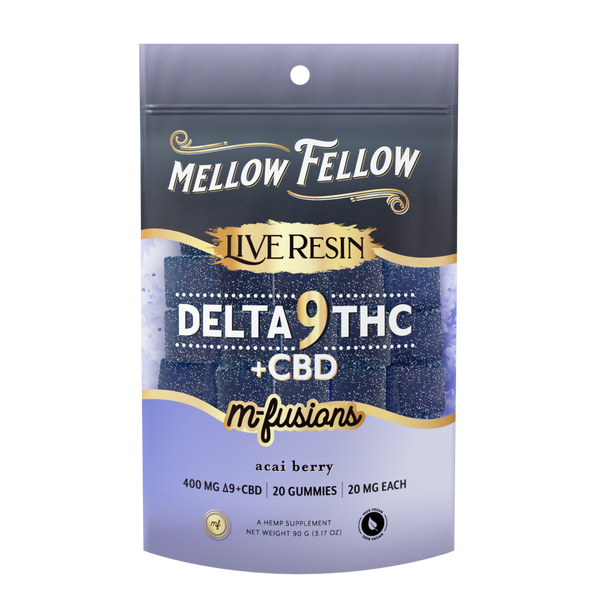
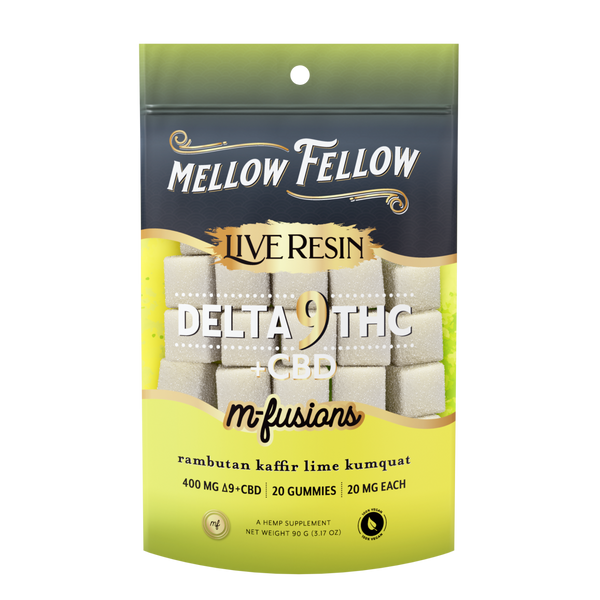
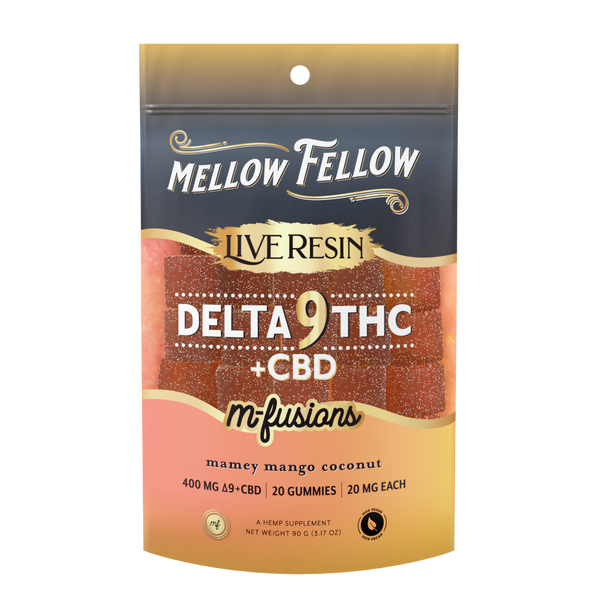
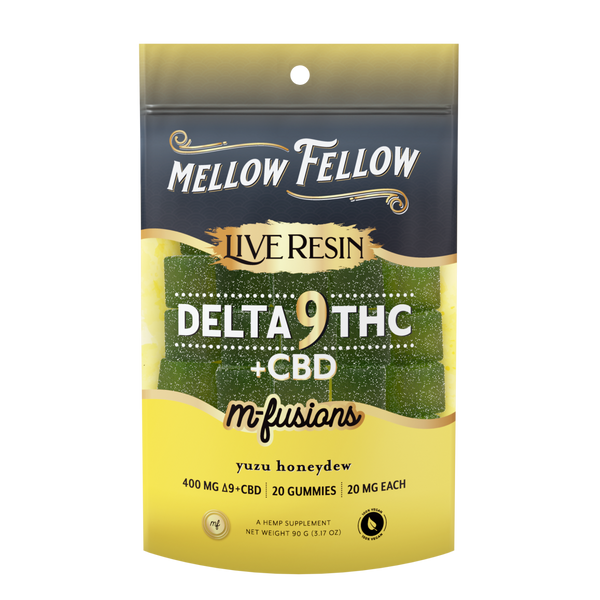
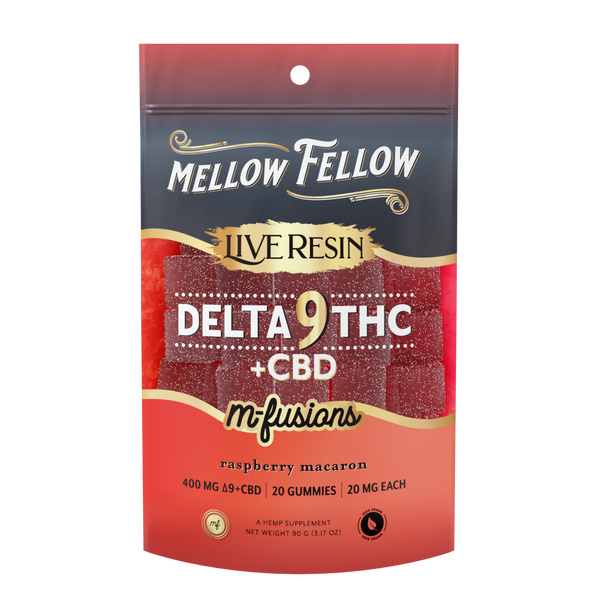
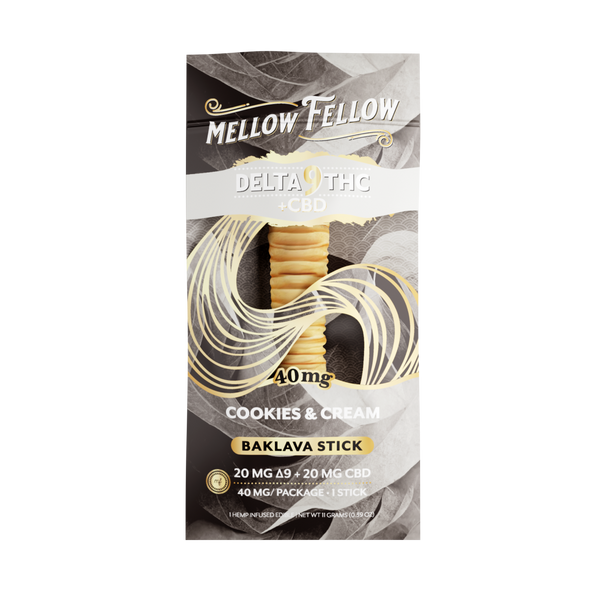










Leave a comment